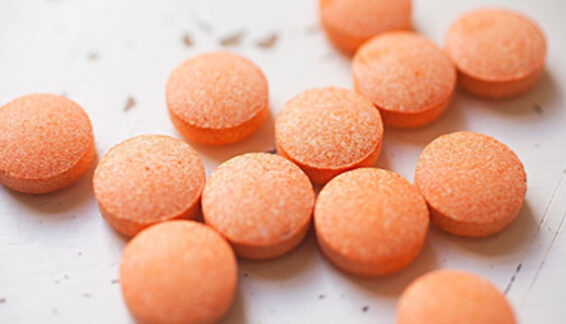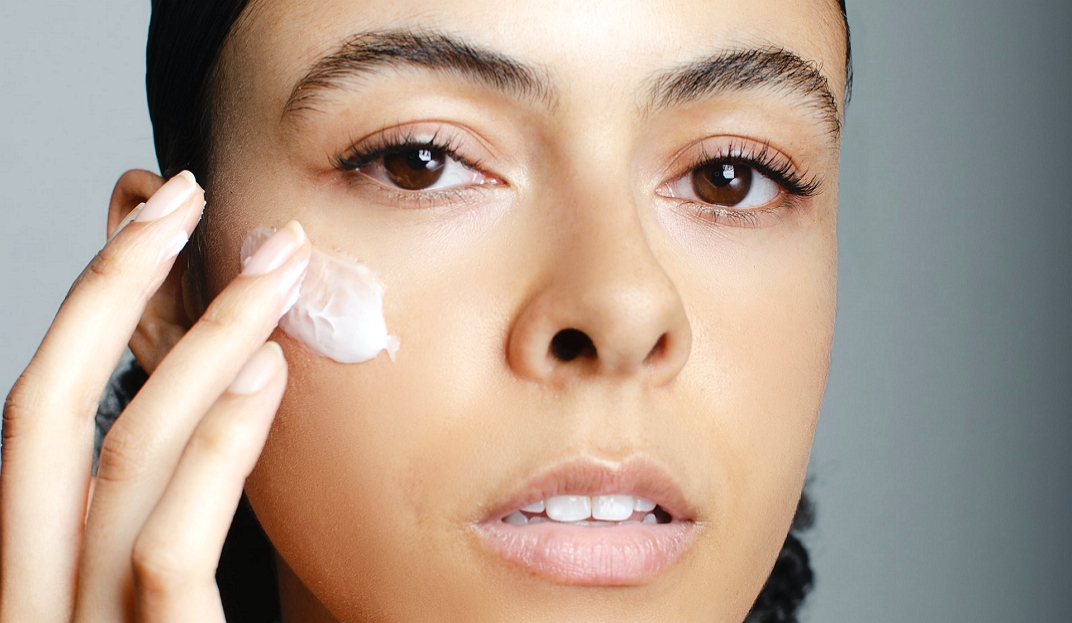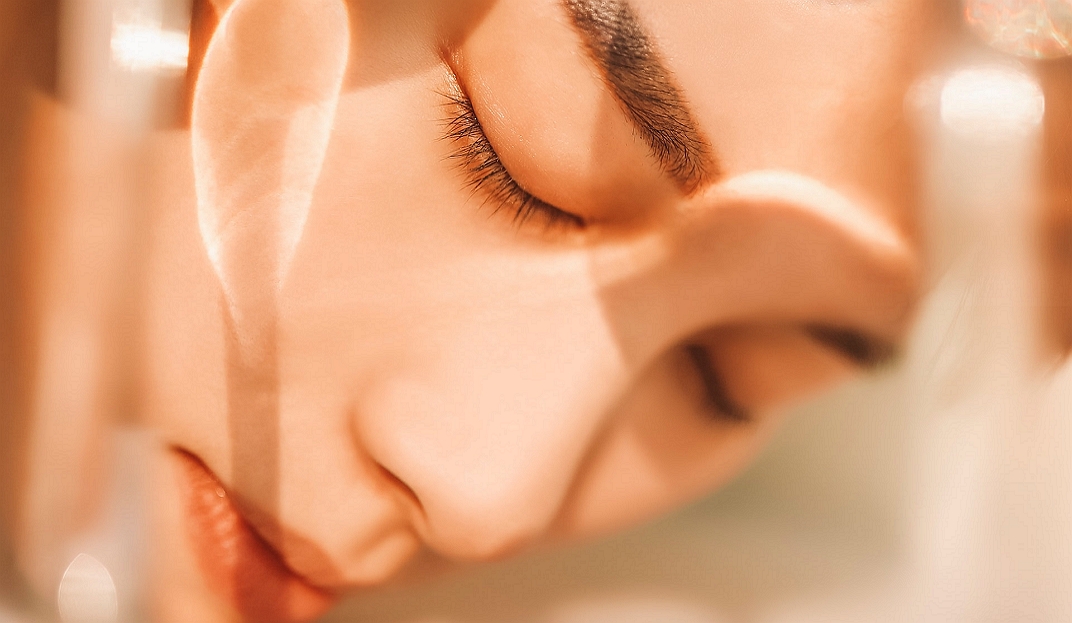Healthier Sex

- Uncategorized
Sex… is there a more enjoyable way to feel alive? Sex is based on our DNA and our incumbent and fluctuating hormone levels. If you are a man, testosterone is the main hormone that guides your reproductive desire.
Aside from making a new version of you, from an emotional standpoint sex can increase oxytocin levels in the body, giving you an undeniable and natural high. Better to give than receive, the joy of your own orgasm is only heightened by that of your partner’s. But what happens when we can no longer perform like we used to, and what if this happens long before we had ever imagined?
What are some of the causes of sexual dysfunction? There is no doubt that stress plays a large role. Stress does not allow us to appreciate things at the level we should and increases cortisol levels in the brain, we should look at sex as a type of meditation, just as the followers of Tantric practice. If our mind is elsewhere during intimate times it becomes much harder to get aroused.
No matter how stressful your schedule is you must create times for intimacy and adding a little more spice and surprise to your sex life can help as well. A study published in the Journal of Sexual Medicine showed evidence that those with a kinkier sex life had overall better mental health.
If you are suffering from the mental anguish of not being able to perform, or you think you might be developing erectile dysfunction, come see us today and let us help you get your manhood back on track!
Hormones and You
Being a man and enjoying the experience. As a thirty year old or a ninety-year-old man, experiencing low testosterone levels (hypogonadism) may be the worst feeling in life. The symptoms of low testosterone in men range from the following signs and symptoms. Having one or many of these may suggest your have a form of low testosterone.
- Lack of Energy
- Memory Loss
- Depressed Mood
- Weight Gain
- Erectile Dysfunction
- Low Libido
- Poor Sleep
- Skin Issues
- Muscle Wasting and Bone Loss
- Anemia
- Risk of Fall
- Risk of Cancer
- Greater Risk of Death
As you may know, low testosterone in men may be caused by problems in the gonads or testes, which reside in the scrotum. More uncommon, this is called primary hypogonadism and can be brought on by genetically malformed gonads, childhood infections, like mumps, testicular trauma, or even testicular cancer and can only be treated with Testosterone Replacement Therapy.
However, the more common causes of low testosterone, classified as, secondary hypogonadism, result from problems in the relationship between the brain and the gonads. The pituitary and hypothalamus are parts of the brain that govern testicular activity, specifically the manufacture of testosterone in the gonads by a messenger hormone called lutenizing hormone, or LH. Head trauma, drugs, like opiates, stress, obesity, and other causes we don’t always understand, can negatively affect the pituitary gland hormone production, which is responsible for making LH, and can indirectly cause low testosterone by inhibiting.
Sometimes testosterone can drop to alarmingly low levels, which can cause the above-mentioned concerns. If you think you suffer from any of these issues, we have methods to detect if you have low testosterone and high estrogen with a simple inexpensive blood test. As well, we can help support your natural production with simple tips to reduce stress and help you instill male-directed exercise, proper sleeping habits, taking herbal supplements, and eating foods that have higher levels of cholesterol and protein. If this does not work, we can use a drug called Clomid,or an injection named Human Chorionic Gonadotropin, (hCG) and hormone supplements.
As mentioned before, the gonads or testes lie in the scrotum and make testosterone, once those cells stop making the critical levels of testosterone to feel sexual urges and energy, men then need to begin supplementing or face the loss of male sexual characteristics. This usually happens to men in their late thirties and early forties. Lowering testosterone levels in men in relation to aging is called andropause. The decline of testosterone that comes with age is responsible for depression, decreased libido, and diminished muscle tone. Dehydroepiandrosterone or DHEA acts as a supplemental hormone and can increase the levels of testosterone.
Although scientist still do not quite know how DHEA functions in the body, several different studies including one published in the American Journal of Psychiatry of Medicine showed that DHEA significantly improved sexual disinterest as well as both physical and mental well-being. In some cases the hormone remedied other serious afflictions, such as anxiety, severe depression, and obsessive-compulsive behavior.
We can help you in a private and sensitive environment, once you decide to make the first step, just let us know!
Concerned? Call (305) 672 4733



